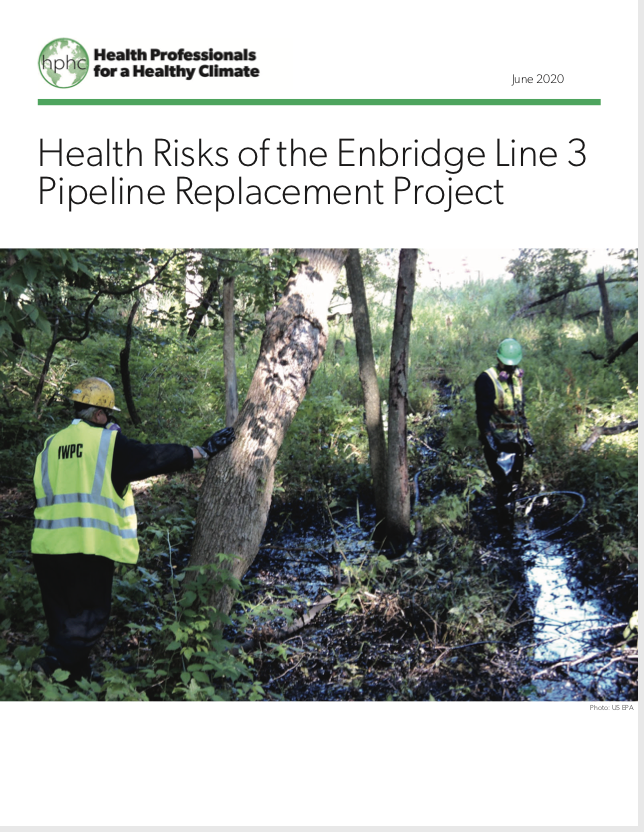Stand in solidarity with the water protectors!
Line 3 cuts through the heart of the Anishinaabe territory in Minnesota, violating treaty rights, damaging sacred wild rice beds, and threatening the health of our Indigenous communities. Indigenous leaders in Minnesota have been leading the movement against Line 3 and are putting their bodies on the line right now to protect sacred land, water, and our climate. As health professionals, we stand in solidarity with Indigenous leaders.
On August 17, HPHC and health professionals across the nation joined together for “Our Water, Our Health: Health Professionals in Solidarity Against Line 3“.
Watch the live stream of our press conference in Mears Park, St. Paul, on our Facebook page.
Watch a highlights video from the press conference
Find information on other ways to support water protectors and the movement against Line 3 here.


